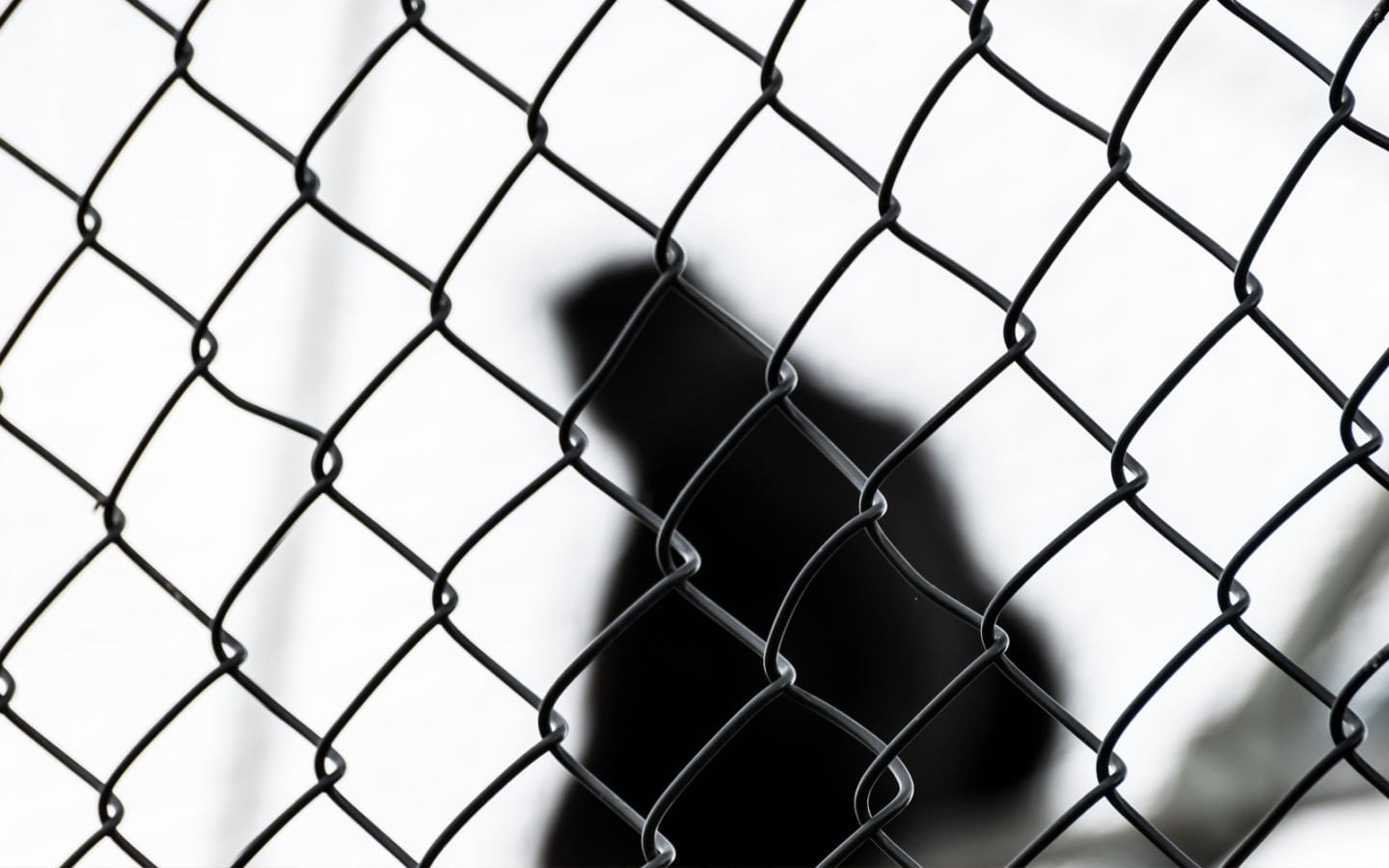Many people around the world face human rights violations for simple everyday actions, including exercising their rights to freedom of speech, association and peaceful assembly. This include things like posting a blog, discussing politics, or having friends or family who are outspoken.
Below are examples of just some of these human rights abuses and the categories we use to describe them.
- Prisoners of conscience are people who have been detained solely because of their political, religious or other conscientiously held beliefs – ethnic or national origin, gender or sexual orientation, or any other status. Prisoners of conscience are often detained by their governments under the guise of posing a threat to national security or breaking a law that has been loosely interpreted and applied to their situation. This includes citizens supporting an opposition government, people protesting against those in power and people from minority religious groups.
- Unfair trials are common occurrences, and affect people who have been detained and subjected to a trial that does not meet international fair trial standards. A fair trial includes being informed of charges made against them, a presumption of innocence until proven guilty, access to legal representation of their choosing, being present at their own trial, and being tried before an independent and impartial court.
- Human rights defenders are people who promote and protect their own rights and the rights of others by non-violent means. The constant vigilance and dedication of human rights defenders is a strong defence against injustice and the abuse of power. Many are punished, tortured or imprisoned for doing so.
- Enforced disappearances describes the situation where there is reasonable grounds to believe that an individual has been taken into custody by government authorities, yet the government authorities deny having the individual. This places the person outside the protection of the law, where no information about their whereabouts, their fate or any means of contacting them can be accessed. They are often subject to imprisonment, torture and even death.
- Torture and ill-treatment includes any act that intends to inflict sever pain or suffering, either physical or mental, on an individual. The purpose is often to gain information, obtain a confession, punish, intimidate or terrorise. It is often an integral part of a government’s security strategy for suppressing dissent.
- Death penalty is the premeditated and cold-blooded killing of a person by a government in the name of justice. It is the ultimate cruel, inhumane and degrading punishment. Amnesty International opposes the death penalty in all cases.
